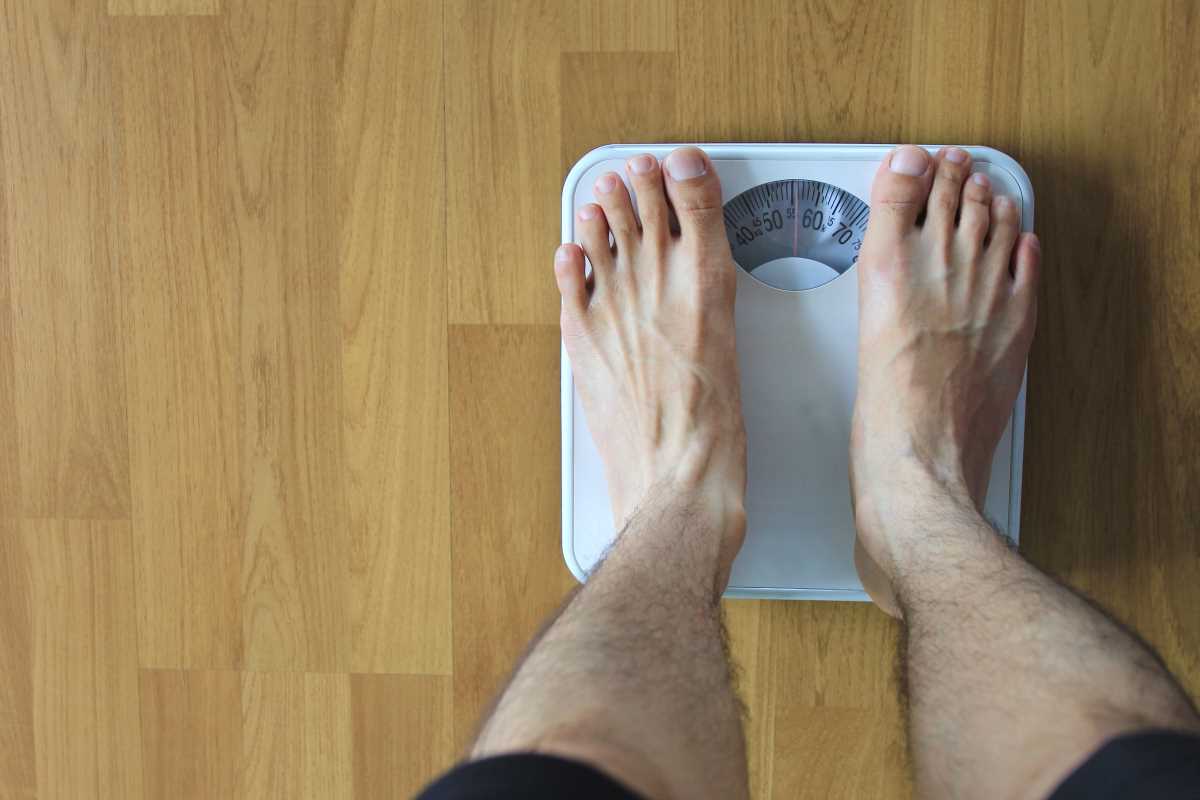Diabetes medications have transformed the way people manage blood sugar levels, helping individuals with conditions like type 2 diabetes lead healthier lives. Recently, some of these medications have gained attention for another significant benefit: weight management. By targeting hormone pathways and appetite regulation, certain diabetes drugs are being prescribed to help with weight loss in addition to their primary purpose. These medications are especially useful for people who struggle with both obesity and metabolic issues. We're going to discuss how specific diabetes medications are being used to support weight loss, detail the science behind their effects, and examine why they are becoming a popular option for weight management.
1. Metformin
Metformin is one of the most widely prescribed medications for managing type 2 diabetes. It has been around for decades and continues to be a trusted treatment for blood sugar control. Interestingly, its side effects have made it a potential option for weight management.
How It Works
Metformin improves the body’s sensitivity to insulin, reducing the amount of sugar produced by the liver. It also decreases the absorption of sugar in the intestines. These effects lead to better weight control in some individuals, especially when combined with a healthy diet and exercise.
Using Metformin for Weight Management
Metformin’s ability to moderate appetite is a key factor in its weight-loss effects. Patients taking metformin often report feeling less hungry, which naturally reduces calorie intake over time. This medication is sometimes prescribed off-label to help overweight individuals, even if they don’t have diabetes. Research shows that metformin is particularly effective for people dealing with insulin resistance or pre-diabetes.
Considerations
Metformin is generally well-tolerated, though gastrointestinal side effects like nausea or diarrhea are common when starting this medication.
2. GLP-1 Receptor Agonists (e.g., Liraglutide and Semaglutide)
Glucagon-like peptide 1 (GLP-1) receptor agonists have recently made headlines for their impressive weight loss benefits. Medications like liraglutide (Saxenda) and semaglutide (Ozempic, Wegovy) were originally developed to treat type 2 diabetes but are now FDA-approved for weight management in certain cases.
How They Work
GLP-1 agonists mimic a hormone that regulates blood sugar by stimulating insulin secretion and slowing stomach emptying. These effects stabilize blood sugar and also help individuals feel fuller for longer periods, reducing overeating.
Weight Loss Benefits
Semaglutide has gained particular popularity due to its remarkable weight loss results. Clinical trials have shown that patients using semaglutide lost an average of 12-15% of their body weight over a year. Liraglutide, available in a higher dose as Saxenda for weight management, has shown similar benefits but typically results in slightly less dramatic weight loss compared to semaglutide.
Considerations
These medications are often administered via injection and can have side effects such as nausea, vomiting, or constipation. Patients should work closely with their healthcare provider to determine the appropriate dosage.
3. SGLT-2 Inhibitors (e.g., Canagliflozin, Dapagliflozin)
Sodium-glucose co-transporter-2 (SGLT-2) inhibitors, including canagliflozin (Invokana) and dapagliflozin (Farxiga), are diabetes medications that have recently shown promise for weight management.
How They Work
SGLT-2 inhibitors prevent the kidneys from reabsorbing glucose, causing excess sugar to be excreted through the urine. This process reduces both blood sugar levels and calorie retention.
Weight Loss Effects
Studies indicate that people using SGLT-2 inhibitors can experience moderate weight loss. The calorie loss from increased glucose excretion leads to a gradual reduction in body fat. These medications may also reduce blood pressure, further benefiting overall health in individuals who are overweight.
Considerations
SGLT-2 inhibitors are generally well-tolerated, though they can increase the risk of urinary tract infections and yeast infections due to the higher glucose levels in the urine.
4. Pramlintide (Symlin)
Pramlintide is an injectable medication often used alongside insulin in people with type 1 or type 2 diabetes. Its satiety-boosting effects also make it a valuable option for weight management.
How It Works
Pramlintide is a synthetic version of a hormone called amylin, which is naturally produced by the pancreas. Amylin slows the rate at which food moves through the stomach and reduces appetite, leading to fewer calories consumed.
Using Pramlintide for Weight Loss
Pramlintide’s ability to suppress appetite can result in significant weight loss when combined with dietary changes. It is considered effective for people who struggle with weight gain associated with insulin therapy.
Considerations
Patients using pramlintide must be cautious about managing their blood sugar, as it can increase the risk of low blood sugar (hypoglycemia) when combined with insulin.
5. Tirzepatide (Mounjaro)
Tirzepatide is a newer medication that has generated excitement for its dual action in controlling diabetes and promoting weight loss.
How It Works
Tirzepatide targets two hormones, GLP-1 and glucose-dependent insulinotropic polypeptide (GIP). Together, these hormones regulate appetite, blood sugar, and energy balance. This dual mechanism makes it a highly effective option for both diabetes management and weight loss.
Weight Management Benefits
Clinical trials indicate that tirzepatide can lead to a weight loss of up to 20% of body weight, making it one of the most effective medications in this category. Its ability to suppress hunger and control cravings has garnered attention for treating obesity, even in people without diabetes.
Considerations
Like other GLP-1 receptor agonists, tirzepatide is administered via injection and may cause gastrointestinal side effects. Close supervision by a healthcare provider is recommended.
6. Pioglitazone (Actos)
Pioglitazone is commonly used to manage type 2 diabetes by improving insulin sensitivity. It's not primarily known for promoting weight loss, but it offers unique metabolic benefits that can assist specific patients.
How It Works
Pioglitazone enhances the body’s ability to use insulin effectively, lowering blood sugar levels and redistributing fat stored in the body. Instead of encouraging weight loss through calorie reduction, it helps reduce unhealthy fat accumulation around organs, such as the liver.
Weight-Related Benefits
Patients with type 2 diabetes and non-alcoholic fatty liver disease (NAFLD) often benefit from pioglitazone’s ability to improve liver health. This makes it a valuable option for individuals whose weight challenges are linked to fat storage in specific areas.
Considerations
Pioglitazone can cause weight gain in some cases, typically due to fluid retention. For this reason, it is not widely used as a primary weight-loss medication.







